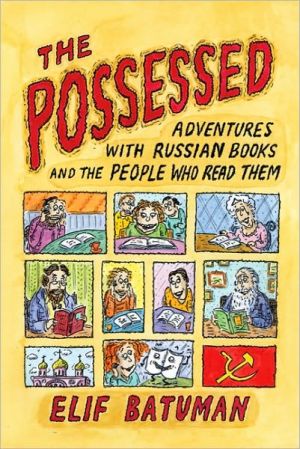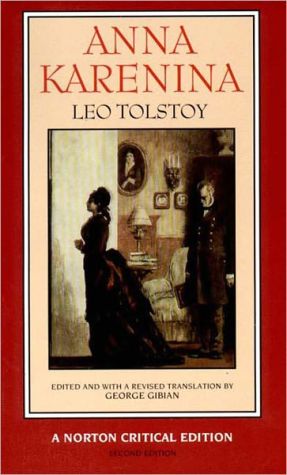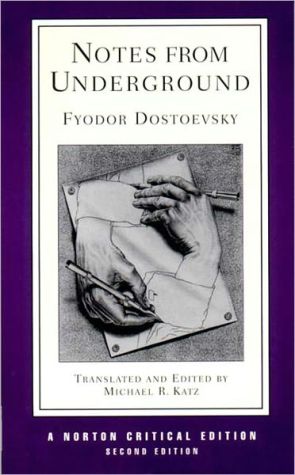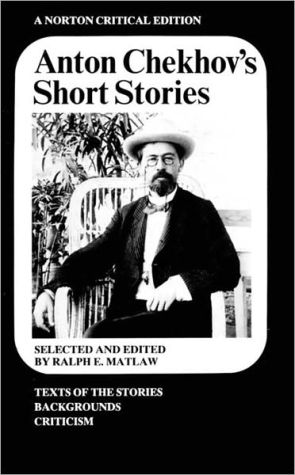Pushkin's Button
Pushkin's Button recreates the four months of Pushkin's life leading up to the fatal duel in the snow on January 27, 1837. Many theories have been advanced about the death of one of Russia's greatest artists, none of them wholly satisfactory. Serena Vitale has opened the archives and studies the case more closely, and more imaginatively, than anyone before her. Her brilliant detective work unearths fascinating, revealing details, including a button missing from Pushkin's Kamerjunker...
Search in google:
Pushkin's Button recreates the four months of Pushkin's life leading up to the fatal duel in the snow on January 27, 1837. Many theories have been advanced about the death of one of Russia's greatest artists, none of them wholly satisfactory. Serena Vitale has opened the archives and studies the case more closely, and more imaginatively, than anyone before her. Her brilliant detective work unearths fascinating, revealing details, including a button missing from Pushkin's Kamerjunker uniform. "Pushkin's Button will keep all constituencies of reader fastened to their seats, as they watch Petersburg's lofty denizens leave no moment of the hurtling Pushkin scandal unrecorded or not speculated on."—Monika Greenleaf,Los Angeles Times "[A] deliciously entertaining whydunit, a book in which every page seduces with a riddle. . . . Vivacious, seductive, original."—Michael Dirda, Washington Post"A delightful combination of retrograde pleasures (court balls, the demise of a doomed genius) and primary sources. . . . Illuminating."—Richard Lamb, New York Times Book Review"A book almost impossible to put down."—George Steiner, New YorkerPublishers WeeklyVitale's reconstruction of Alexander Pushkin's 1837 dueling death--the poet had employed the most provocative terms in accusing an insolent French officer of dallying with his wife--brings to life the vulgar yet aristocratic milieu of St. Petersburg, not the Russian literary giant himself. In this titillating, lurid recounting, the capital of the czarist state is riven by secrets and intrigues, amused by slander and scandal, and sustained by undeserved status and unearned wealth. Everyone writes malicious, tattling letters, no one throws any of them away, and Nicholas I's Third Section reads every one. In Pushkin's last months he was desperate for funds and maddened by the feud over his young, frivolous and beautiful wife. Vitale draws her evocation of this time largely from tale-bearing correspondence written or received by both the poet's eventual killer, the apparently bisexual Georges d'Anthes, and the homosexual Dutch ambassador Jacob van Heeckeren, who, doting on d'Anthes, went so far as to adopt him. In this tale, told as a mystery unfolding from contemporary records, Vitale (an Italian scholar of Russian literature) spares no trivia about the "narrow-minded province of gossips, vultures, [and] voyeurs, whose unyielding, deadly rituals Pushkin not only declined to shun but actively, zealously, took part in." If her prose purples, at least as rendered in this translation, it seems utterly appropriate to the gaudy salon setting and to Pushkin's tawdry demise.
Author's Note1. Dispatches from St. Petersburg2. The Chouan3. Those Fateful Flannel Undershirts4. Herring and Caviar5. The Heights of Zion6. Pushkin's Button7. The Anonymous Letters8. Suspects9. Twelve Sleepless Nights10. Remembrance11. The Deleted Lines12. The Bold Pedicurist13. Table Talk14. The Man for Whom We Were Silent15. The Ambassador's Snuffbox16. One Summer in Baden-Baden Epilogue Sources Notes Index of Names
\ Publishers Weekly - Publisher's Weekly\ Vitale's reconstruction of Alexander Pushkin's 1837 dueling death--the poet had employed the most provocative terms in accusing an insolent French officer of dallying with his wife--brings to life the vulgar yet aristocratic milieu of St. Petersburg, not the Russian literary giant himself. In this titillating, lurid recounting, the capital of the czarist state is riven by secrets and intrigues, amused by slander and scandal, and sustained by undeserved status and unearned wealth. Everyone writes malicious, tattling letters, no one throws any of them away, and Nicholas I's Third Section reads every one. In Pushkin's last months he was desperate for funds and maddened by the feud over his young, frivolous and beautiful wife. Vitale draws her evocation of this time largely from tale-bearing correspondence written or received by both the poet's eventual killer, the apparently bisexual Georges d'Anthes, and the homosexual Dutch ambassador Jacob van Heeckeren, who, doting on d'Anthes, went so far as to adopt him. In this tale, told as a mystery unfolding from contemporary records, Vitale (an Italian scholar of Russian literature) spares no trivia about the "narrow-minded province of gossips, vultures, [and] voyeurs, whose unyielding, deadly rituals Pushkin not only declined to shun but actively, zealously, took part in." If her prose purples, at least as rendered in this translation, it seems utterly appropriate to the gaudy salon setting and to Pushkin's tawdry demise.\ \ \ \ \ Library JournalAlexander Pushkin, a descendant of Hannibal of Carthage, was Russia's greatest poet. He was also married to the most beautiful woman in St. Petersburg, who attracted the attention and admiration of many men in Russian society, notably one Georges D'Anthes. D'Anthes had been adopted by the Dutch ambassador, Baron von Heerecken, and was a chevalier de garde for Tsar Nicholas I. Vitale (Russian literature, Univ. of Pavia, Italy) presents a marvelous biographical mystery in which she explores the events leading to the duel between Pushkin and D'Anthes. Through letters, the reader gets an intimate view of the personalities and passions of early 19th-century Russia. Vitale sheds new light on the causes of the duel and makes the story accessible to 20th-century readers. Highly recommended for public and academic libraries.--Ann Irvine, Montgomery Cty. P.L., Silver Spring, MD\ \ \ Richard Lamb...[A] delightful combination of retrograde pleasures...and primary sources....both illuminating and pathetic....Pushkin received a death sentence for dueling that in Gogolesque fashion couldn't be carried out because he was dead. -- The New York Times Book Review\ \ \ \ \ George Steiner[Vitale's] dayᾺtoᾺday Ὰ indeed hourᾺtoᾺhour Ὰ record of Pushkin's final year is not only an enthralling portrayal of imperial St. Petersburg in the 1830s. It qualifies the usually idealized, radiantly pathetic image of the poet…A book almost impossible to put down.\ —New Yorker\ \ \ \ \ Kirkus ReviewsAn Italian scholar's unorthodox take on the events leading to Pushkin's fatal duel reads like impassioned fiction. On January 27, 1837, one of Russia's greatest poets, Alexander Pushkin, died as the result of a wound inflicted during a duel he'd fought to defend his wife's honor. His opponent was none other than his sister-in-law's husband, Georges d'Anthes, a French officer. Readers will recognize telltale signs in Vitale's (Russian/Univ. of Pavia, Italy) narrative of the typically massive Russian novel: the cast of thousands (here enumerated in a 24-page "Index of Names") and the story's soap-opera-like overtones. Combining her own research with information gleaned from secondary literature and the memoirs and letters of Pushkin's contemporaries, this account brims with humor, drama, scholarly insight, and a breathless conversational tone, hinting of espresso and cigarette smoke wafting in a cafe corner. Vitale's approach, however, is not for everyone. The duel occurs some 242 pages into the text. Chapter titles, like the title of the book, are more poetic than informative. And the facts are often conveyed repetitiously. Still, the drawbacks seem finally beside the point, for Vitale brings to life the drama of Pushkin's end, from the state of the poet "whose frenzied jealousy was known to all," to the doings of his flirtatious wife and the royal court, Pushkin's strained relations with the tsar, and the bizarre case of d'Anthes's adoption by a Dutch ambassador and his affairs with the women of St. Petersburg. Also, the author eagerly takes up her role as detective, investigating d'Anthes's circumstances, his opinion of Pushkin's wife, and the circulated letter that provoked theduel. With its unabashed love of intrigue and nuance, Vitale's unusual chronicle of Pushkin's final days will appeal to any lover of Russian literature, history, and culture.\ \








